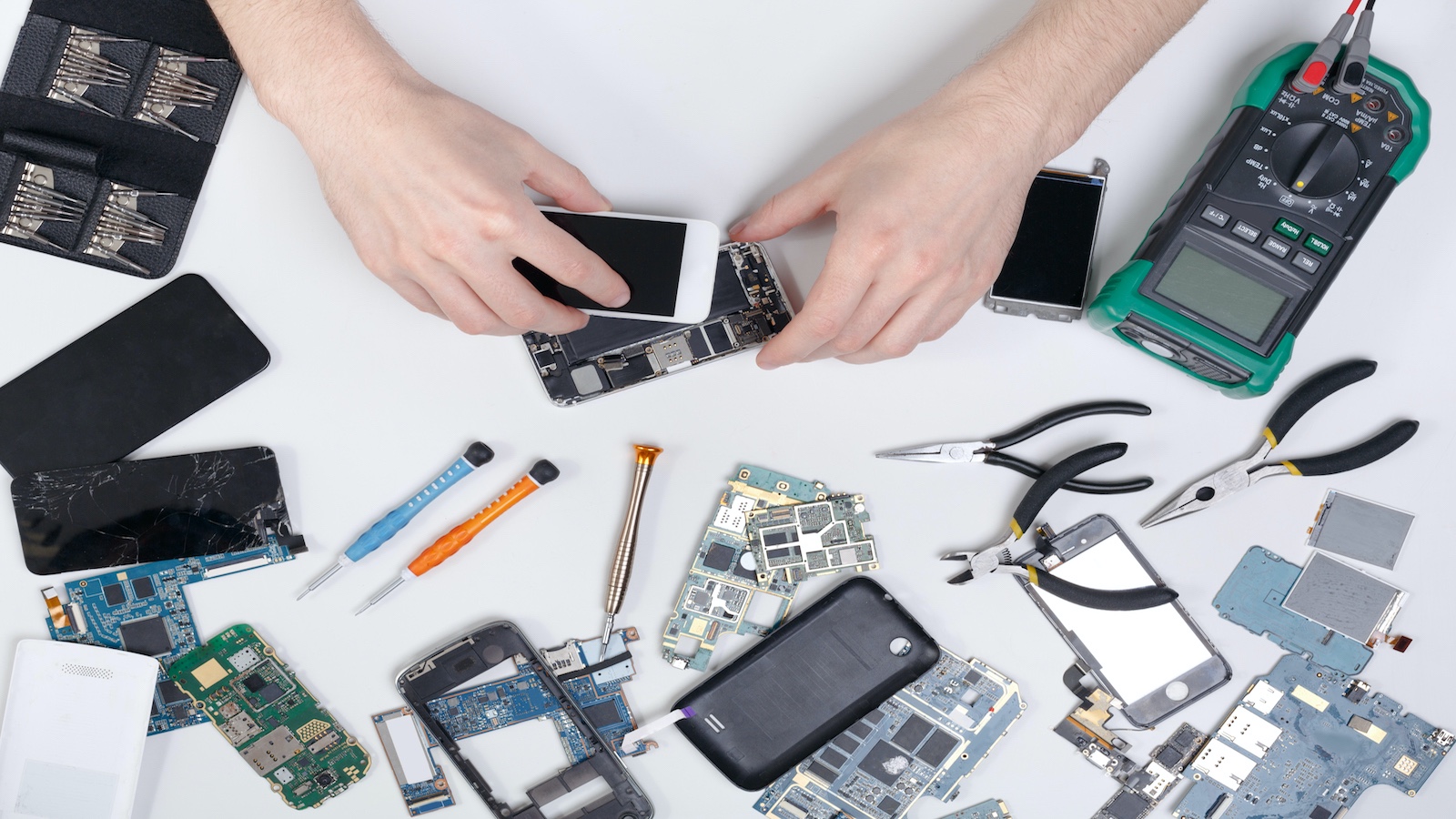Claudia Deeg
OAKLAND, Calif. – CALPIRG released a new report Thursday, “What are Californians Fixing?” which compiles data from the popular repair instruction website iFixit.com about what items people in California were fixing the most in 2020. The report also takes a closer look at the broader repair ecosystem, including barriers that make it harder than it should be to perform basic repairs and how the COVID-19 pandemic affected the things we were fixing.
Some of the key findings include:
iFixit had 6.8 million unique visitors from California last year, which is 1 in 6 Californians.
The most popular products people tried to fix were laptops, cellphones, gaming consoles, and automobiles. While cell phones were most popular in previous years, more Californians were fixing laptops in 2020.
People tried to fix more gaming consoles in 2020 compared to past years, seeking entertainment while at home.
Of the 10 most popular manufacturers of consumer electronics, 6 don’t provide access to spare parts or technical service information such as a schematic.
Many repair shops noted an uptick in business during the pandemic, and higher demand for work-from-home devices including laptops and webcams.
“The COVID-19 pandemic has both caused financial hardships for too many Americans and encouraged people at home to find constructive things to keep them busy. That confluence of events has Californians trying to save money and fix their own stuff, rather than throwing things out or paying for someone else to repair it,” said CALPIRG Zero Waste Associate Claudia Deeg. “Unfortunately, some manufacturers don’t make it easy for anyone to repair their electronics, blocking access to parts, tools, software or other critical repair information. We should have the right to repair our own devices.”
The report highlights the need for “Right to Repair” reforms, which would require manufacturers to make parts and service information available. Twenty states introduced Right to Repair legislation in 2020 and several have already filed bills in 2021. California recently introduced the Medical Device Right to Repair Act, SB 605, which would give hospital technicians the materials to fix and maintain critical medical equipment like ventilators.
California residents searched most often on iFixit for laptop repair guides and Apple products. While many Californians were able to use those online guides to fix things themselves, others relied on experts at local fix-it shops or clinics.
“Repair is truly a superpower,” said Peter Mui, founder of Fixit Clinic, a community of fixers that hosts free fixing clinics, which have now become virtual. “Through our clinics, we teach people how to fix their own stuff, and going virtual during the pandemic has allowed us to expand our reach to coach people around the world and to provide around-the-clock, around-the-world repair support via the Global Fixers online server.”
People also relied on their devices more than ever before as one of the few ways to stay connected in 2020. “During the pandemic, your devices are really your lifelines to work, attend school, and connect with family and friends. Repairing and maintaining our devices has never been more essential,” finished Deeg.
###
,

One in six Californians looked to repair rather than replace their stuff in 2020